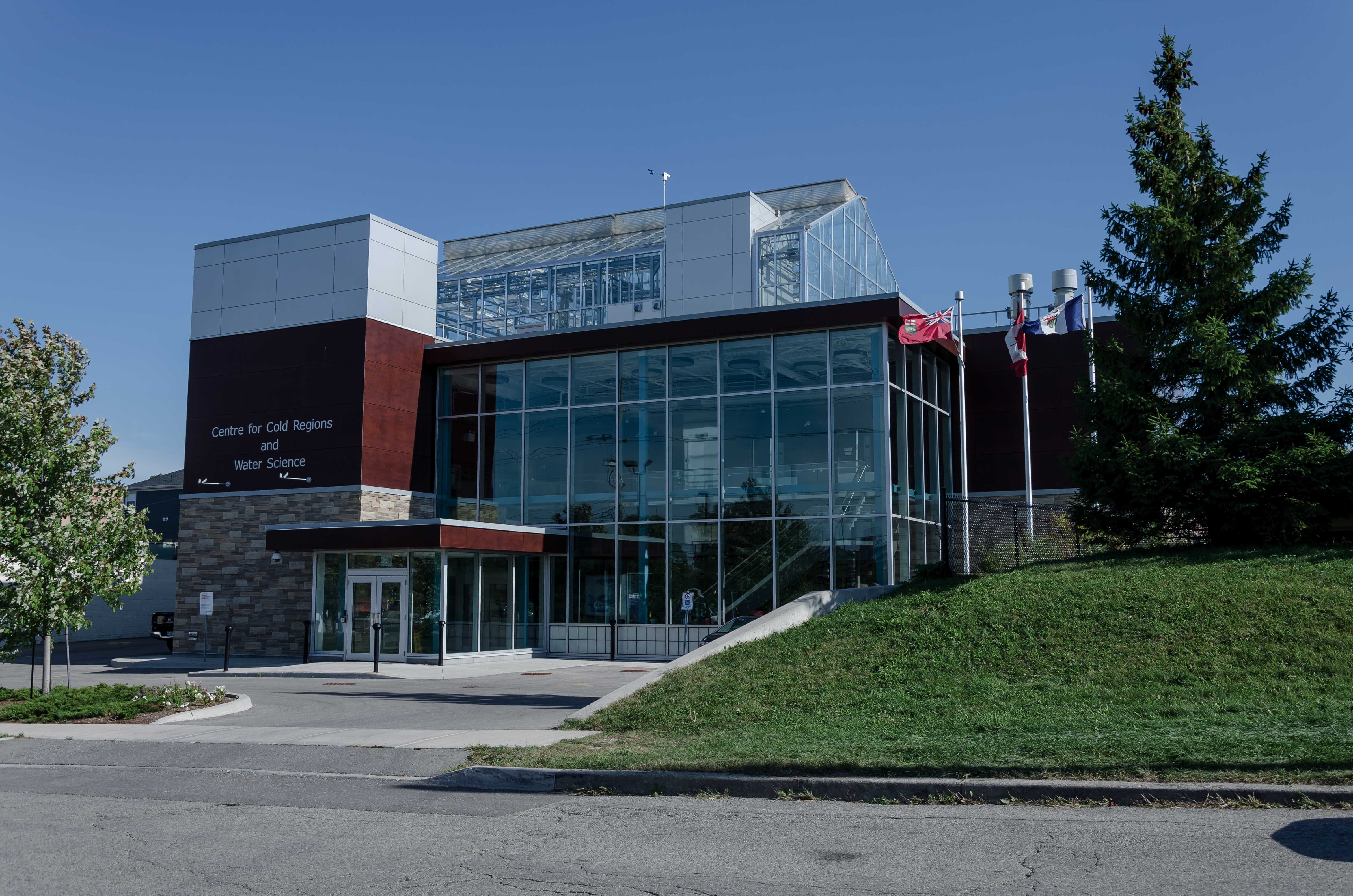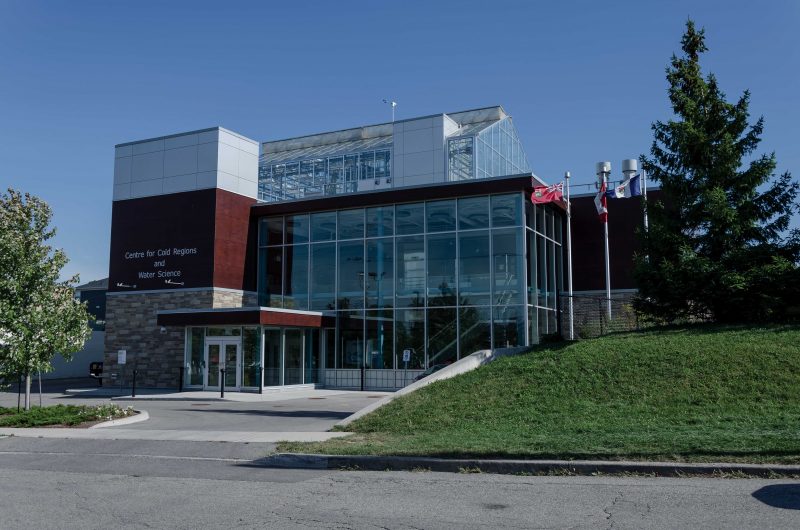WLU Cold Regions Research Centre has exciting year ahead


The Wilfrid Laurier University’s Cold Regions Research Centre will be taking part in numerous exciting efforts throughout the coming school year.
Since 1987, when the centre was created, the Cold Regions Research Centre has grown in size and has expanded in their research, training, capacity building and their ability to engage in local communities.
William Quinton, associate professor and co-director of the Cold Regions Research Centre, explained that in 2010, the Cold Regions Research Centre began to largely focus their work on the Northwest Territories when the territorial government entered into a partnership with Laurier.
※There are a lot of unknowns in the territory which makes for a lot of uncertainty. The government of the Northwest Territories was quite keen on helping that uncertainty by investing in science,§ said Quinton.
This unique partnership allowed the Research Centre to form a connection with the government, while allowing the researchers to provide expertise and assist with challenges that the Northwest Territories were facing, in regards to water and climate.
A multi-million dollar grant the Centre received a number of years ago supplied infrastructure, which could be implemented in field sites in the Northwest Territories.
※What*s big and exciting is a new research program that Laurier is engaged with,§ explained Quinton.
The Cold Regions Research Centre, along with McMaster University, University of Saskatchewan and University of Waterloo, received a grant by the Government of Canada consisting of approximately 78 million dollars.
※Laurier, being the smaller university in that group, speaks to Laurier*s strengths as the Cold Regions Centre as a university that is well known for cold regions and water science,§ said Quinton.
The grant will allow the four universities to focus on understanding how systems work in cold regions, what the impact of water is, and more.
Led by the University of Saskatchewan, Laurier will take a larger role in the cold regions area of study, whereas students from Saskatchewan may focus more on mountains and prairies.
The award not only furthers Laurier*s position as a global leader in cold regions and water science, but it also allows researchers to work extensively in areas regarding the Northwest Territories, which has not been previously possible.
The project, called ‘Global Water Futures: Solutions to Water Threats in an Era of Global Change’, will be the largest funded university-led water research program, as well as one of the largest water science collaborations in the world.
Although the Cold Regions Research Centre has a vast presence in Western Canada, it was their goal this year to be more active within Ontario.
As a result, James McLaughlin, forest soils research scientist from the Ontario Ministry of Natural Resources, will be partnering with Laurier and the Cold Regions Research Centre as a visiting research fellow.
The Cold Regions Research Centre Visiting Fellowship, established in 2016, was created to allow members of the research community to work within the centre.
Quinton explained that bringing McLaughlin to Laurier for the visiting fellowship was a specific and very deliberate attempt to link up with the Ontario Government for their research activities.
※The Ontario far north has very little research because it*s so inaccessible. It*s very remote and, logistically, very expensive to operate in,§ Quinton said.
Through the centre*s partnership with McLaughlin, they hope to connect with the Ontario government to explore different ways in which they can collaborate with one another.
※I just felt that it would be an excellent match to bring in more people with the expertise that I need and give [the Research Centre] an opportunity to connect with the Ontario Government,§ explained McLaughlin.
Starting October 3, McLaughlin will be residing in Laurier. He plans to give various talks and speeches, work with undergraduate and graduate students, as well as numerous individuals conducting research at the Cold Regions Centre.
McLaughlin*s time as visiting fellow will be spent focusing on conducting and hopefully applying research in Northern Ontario.
※They*re making a lot of headways [at Laurier] and a lot of the research that*s being done at the Cold Regions Research Centre is similar to what I*m doing in the Hudson Bay Lowlands,§ said McLaughlin.


